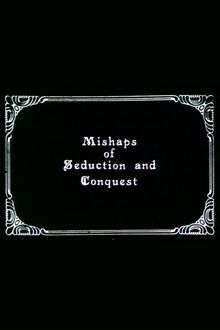An archival documentary about the U.S. military’s response to the political and racial injustices of the late 1960s: take a military base, build a mock inner-city set, cast soldiers to play rioters, burn the place down, and film it all.
Related Movies

Sister Aimee (2007)
At the peak of her immense popularity in the 1920s, evangelist Aimee Semple McPherson was drawing larger crowds to her revivals than those of P.T. Barnum or Harry Houdini. This chapter of "American Experience" paints a vivid portrait of the controversial and charismatic religious figure. Credited with mainstreaming religion in American culture, Sister Aimee created one of the country's first Christian radio stations, among other accomplishments.

The Sunrise Storyteller (2017)
Kasha Sequoia Slavner, aka The Sunrise Storyteller, is an 18-year old filmmaker, photographer, entrepreneur, young global leader and peace advocate. As a concerned high school student, disillusioned and outraged by the negativity and powerlessness she felt as a consumer of mainstream media, Kasha was compelled to find an alternative narrative. On her 16th birthday on an ambitious mission to travel the world for six months with her mom, camera in hand and no clear road map, she finds herself intersecting with the lives of people determined to rise above adversity.
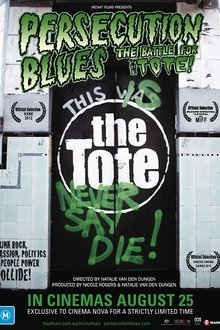
Persecution Blues: the Battle for the Tote! (2011)
In 2010, the iconic Tote Hotel – last bastion of Melbourne’s vibrant music counterculture – was forced to close by unfair laws. Filmed over 7 years, “Persecution Blues” depicts the struggle of more than 20,000 fans – and the bands who inspire them – to preserve their history and protect their future, and puts the audience on the front line of an epic-scale culture war.
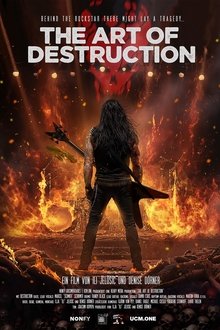
The Art of Destruction (2025)
The unique music documentary about the legendary thrash metal band Destruction.
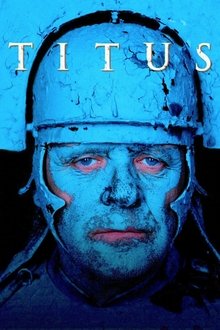
Titus (1999)
Titus Andronicus returns from the wars and sees his sons and daughters taken from him, one by one. Shakespeare's goriest and earliest tragedy.

The Story of Mothers & Daughters (1997)
This poignant documentary from directors Judith Leonard, Catherine Ryan and Gary Weimberg explores the rich complexity of mother-daughter relationships as told by women themselves in scores of candid interviews. Honoring the sometimes close, sometimes fractious, but always vital link moms share with their girls, this film celebrates how these relationships evolve in stages from birth through adulthood to the end of life.
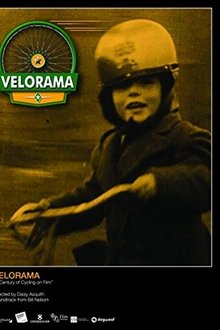
Velorama (2014)
Documentary looking at a century of cycling. Commissioned to mark the arrival of the 2014 Tour de France in Yorkshire, the film makes full use of stunning British Film Institute footage to transport the audience on a journey from the invention of the modern bike, through the rise of recreational cycling, to gruelling competitive races. Award-winning director Daisy Asquith artfully combines the richly-diverse archive with a hypnotic soundtrack from cult composer Bill Nelson in a joyful, absorbing watch for both cycling and archive fans.
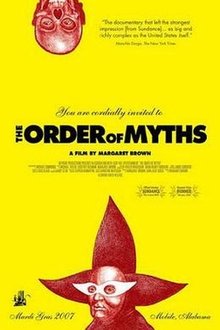
The Order of Myths (2008)
In 2007 Mobile, Alabama, Mardi Gras is celebrated... and complicated. Following a cast of characters, parades, and parties across an enduring color line, we see that beneath the surface of pageantry lies something else altogether.
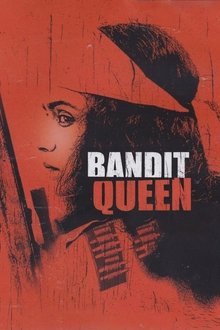
Bandit Queen (1994)
Born a lower-caste girl in rural India's patriarchal society, "married" at 11, repeatedly raped and brutalized, Phoolan Devi finds freedom only as an avenging warrior, the eponymous Bandit Queen. Devi becomes a kind a bloody Robin Hood; this extraordinary biographical film offers both a vivid portrait of a driven woman and a savage critique of the society that made her.

Diana: The Woman Inside (2017)
Diana The Woman Inside highlights Diana as a woman and mother, rather than just a tragic icon.

Into Madness (1989)
Initially airing on HBO's "America Undercover" series, this riveting documentary focuses on three families shattered by the psychiatric disorder of schizophrenia. Subjects "Bob," "Missy" and "Steven" have lived for over a decade with schizophrenia. The film documents the difficult day-to-day existence of both those afflicted with this order and the families searching for answers to their loved ones' suffering. This film also shows the varied and variably successful treatment methods for each of the subjects—one is placed in a group home, one is placed in an institution, and one is cared for at home. The documentary was critically acclaimed for its compassionate treatment of mental illness.
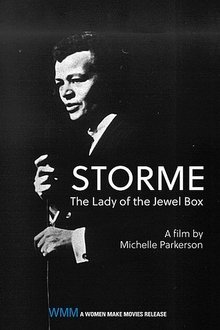
Stormé: Lady of the Jewel Box (1991)
“It ain’t easy…being green” is the favorite expression of Stormé DeLarverie, a woman whose life flouted prescriptions of gender and race. During the 1950s and '60s she toured the black theater circuit as a mistress of ceremonies and the sole male impersonator of the legendary Jewel Box Revue, America’s first integrated female impersonation show and forerunner of La Cage aux Folles.

Dance In The Desert (2009)
The author Jurga Ivanauskaitė (1961-2007) was considered a pioneer of contemporary Baltic literature well beyond the borders of Lithuania. Her work deals intensively with the tension between religion, sexuality and emancipation. Film documents and interviews serve to reconstruct the life of this independent and willful woman - from her childhood to her artistic breakthrough as a companion of the Lithuanian rock and punk scene, but also depicting her spiritual side, which brought her all the way to India, where she turned to Buddhism. She is shown as fighting for the Dalai Lama and a "free Tibet", shown as a literary mind, but first and foremost she is shown as a woman who stood bravely in the face of inconvenience, pain and inner demons.
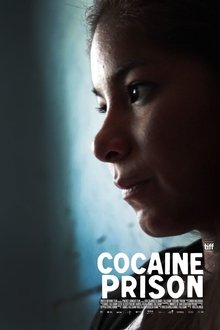
Cocaine Prison (2019)
From inside Bolivia's craziest prison a cocaine worker, a drug mule and his little sister reveal the countries relationship with cocaine.

From the Cloud (2014)
In February 2005, YouTube was launched and forever changed our relationship to moving images, both as viewers and producers. But even well before then, the web had made a large variety of new materials accessible to see and to download, as well as upload. “From the Cloud” is a video program that looks at found footage “films” in the Internet Age. The proliferation of archived photographs, digital images, and videos made available to everyone online as well as an exponential increase in production has changed the way artists interact with pre-existing material. The artists in this program both pull material from the cloud and implicitly comment on the cloud by doing so.
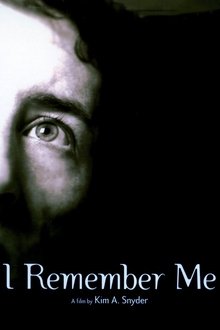
I Remember Me (2000)
In 1984-85, people at Lake Tahoe fell ill with flu symptoms, but they didn't get better. Medical literature documents similar outbreaks: in 1934 at LA county hospital, in 1948-49 in Iceland, in 1956 in Punta Gorda, Florida. The malady now has a name, chronic fatigue syndrome, and filmmaker Kim Snyder, who suffered from the disease for several years, tells her story and talks to victims and their families, and to physicians and researchers: is it viral, it is psychosomatic, is it one disease or several (a syndrome) ; what's the CDC doing about it; what's it like to have a disease that's not yet understood? Her inquiry takes her to Punta Gorda and to a high-school graduation.

Crip Camp: A Disability Revolution (2020)
Down the road from Woodstock in the early 1970s, a revolution blossomed in a ramshackle summer camp for disabled teenagers, transforming their young lives and igniting a landmark movement.
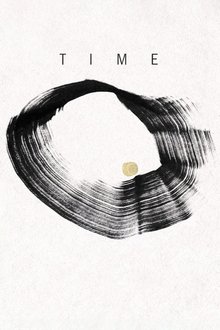
Time (2020)
Fox Rich, indomitable matriarch and modern-day abolitionist, strives to keep her family together while fighting for the release of her incarcerated husband. An intimate, epic, and unconventional love story, filmed over two decades.

Coded Bias (2020)
Exploring the fallout of MIT Media Lab researcher Joy Buolamwini's startling discovery that facial recognition does not see dark-skinned faces accurately, and her journey to push for the first-ever legislation in the U.S. to govern against bias in the algorithms that impact us all.
